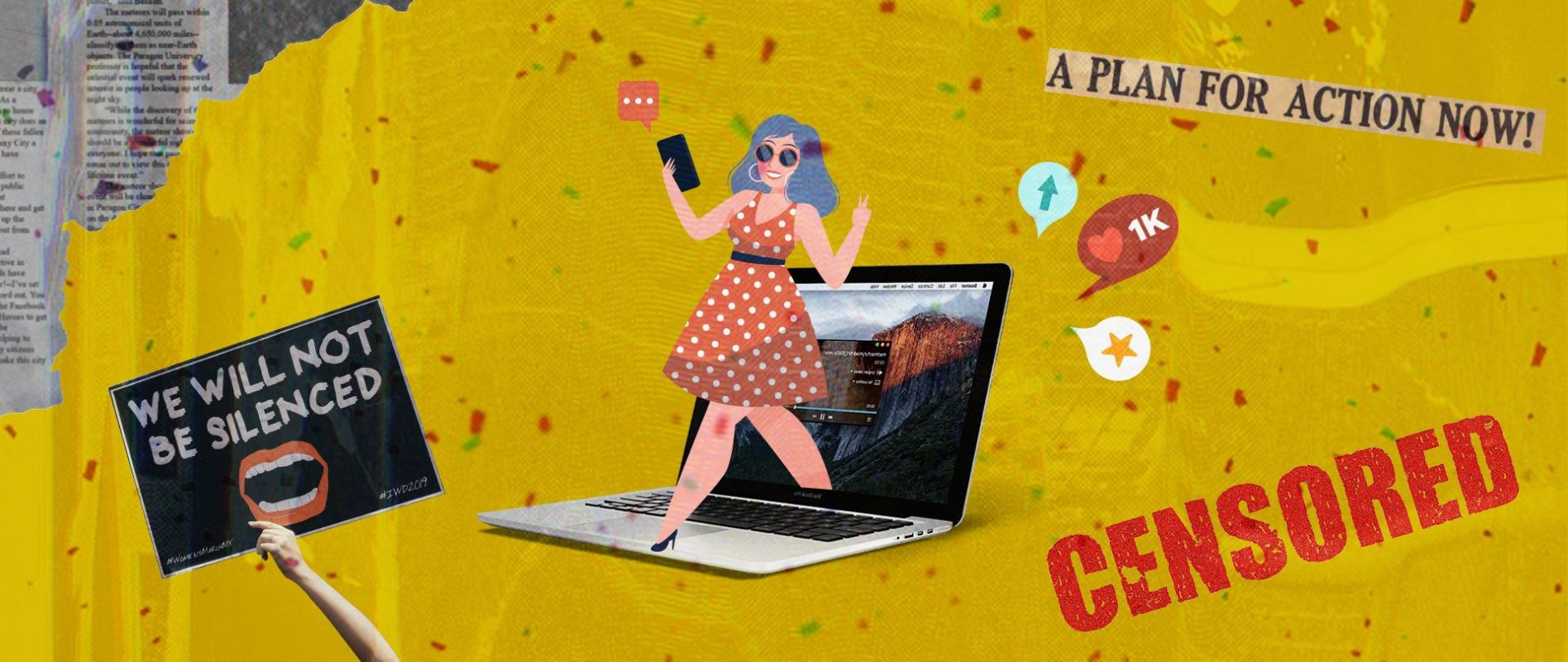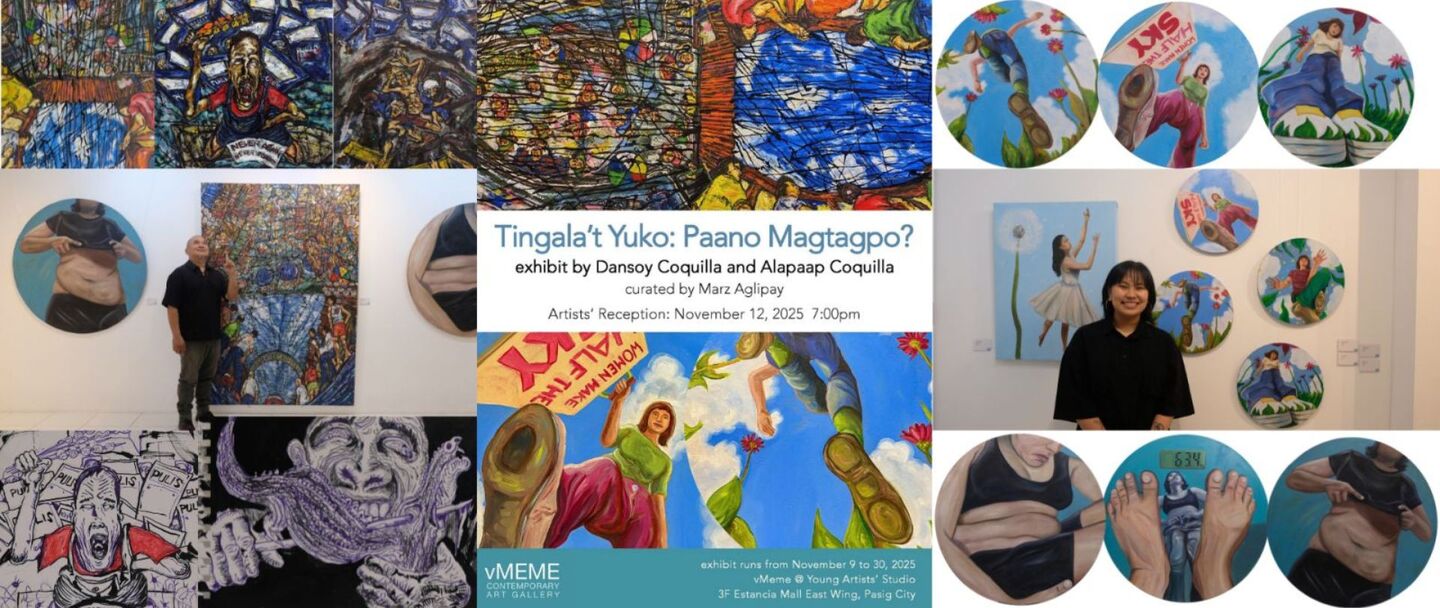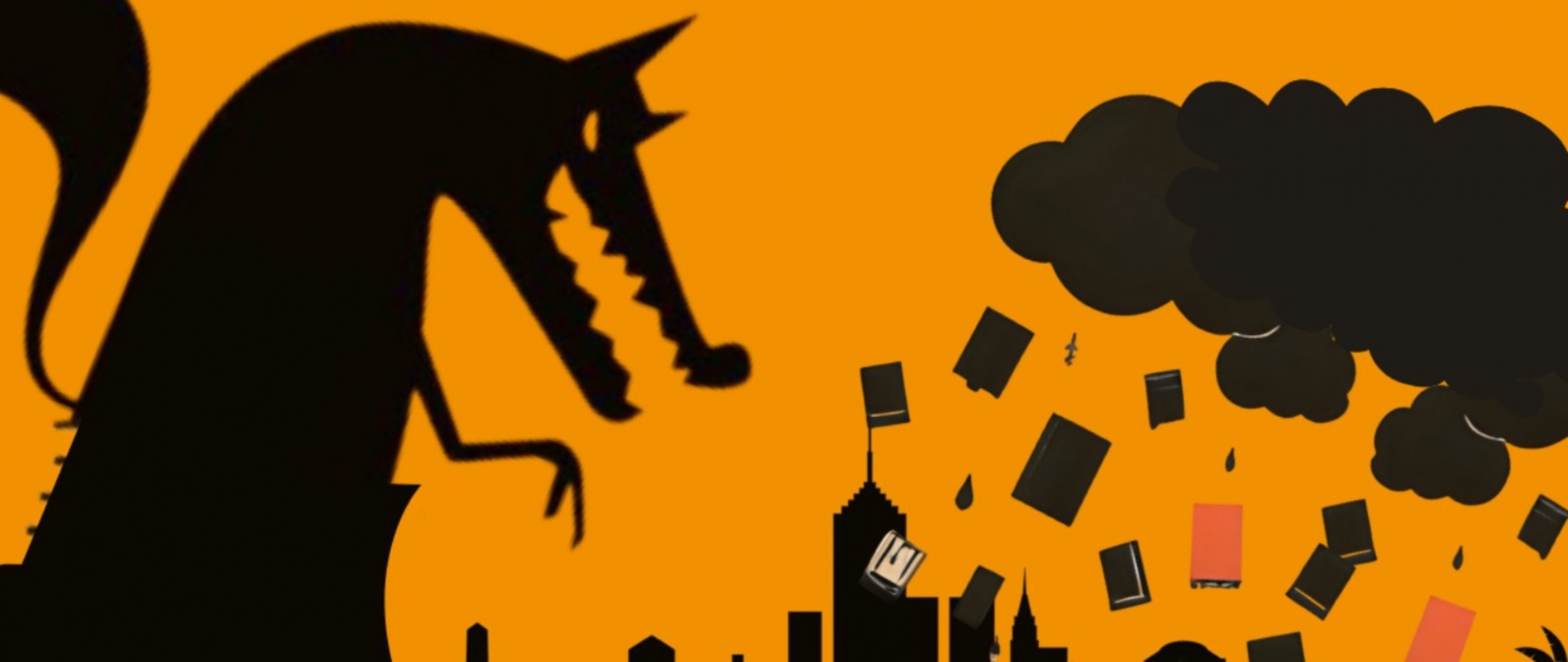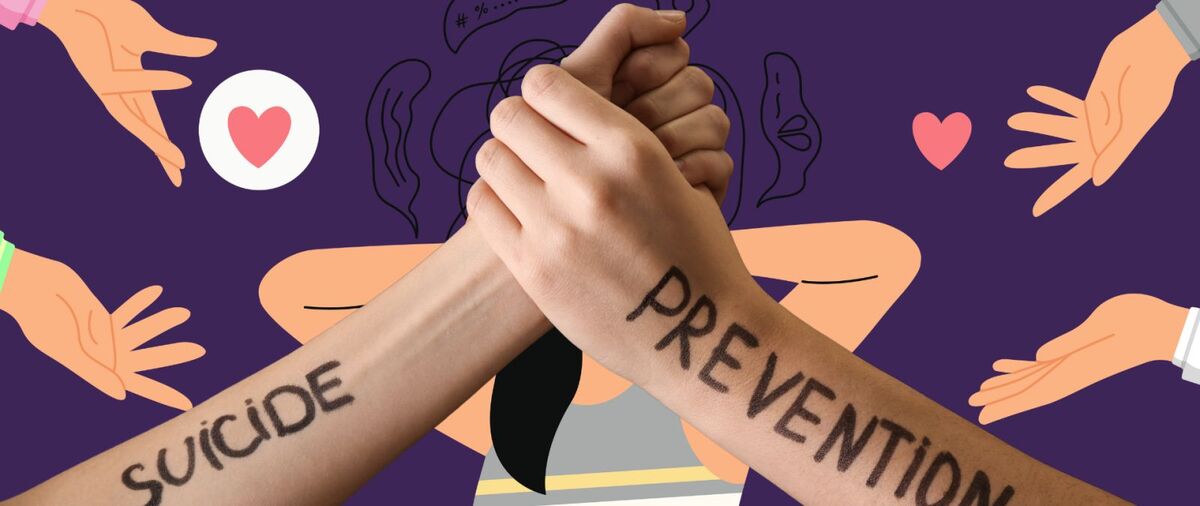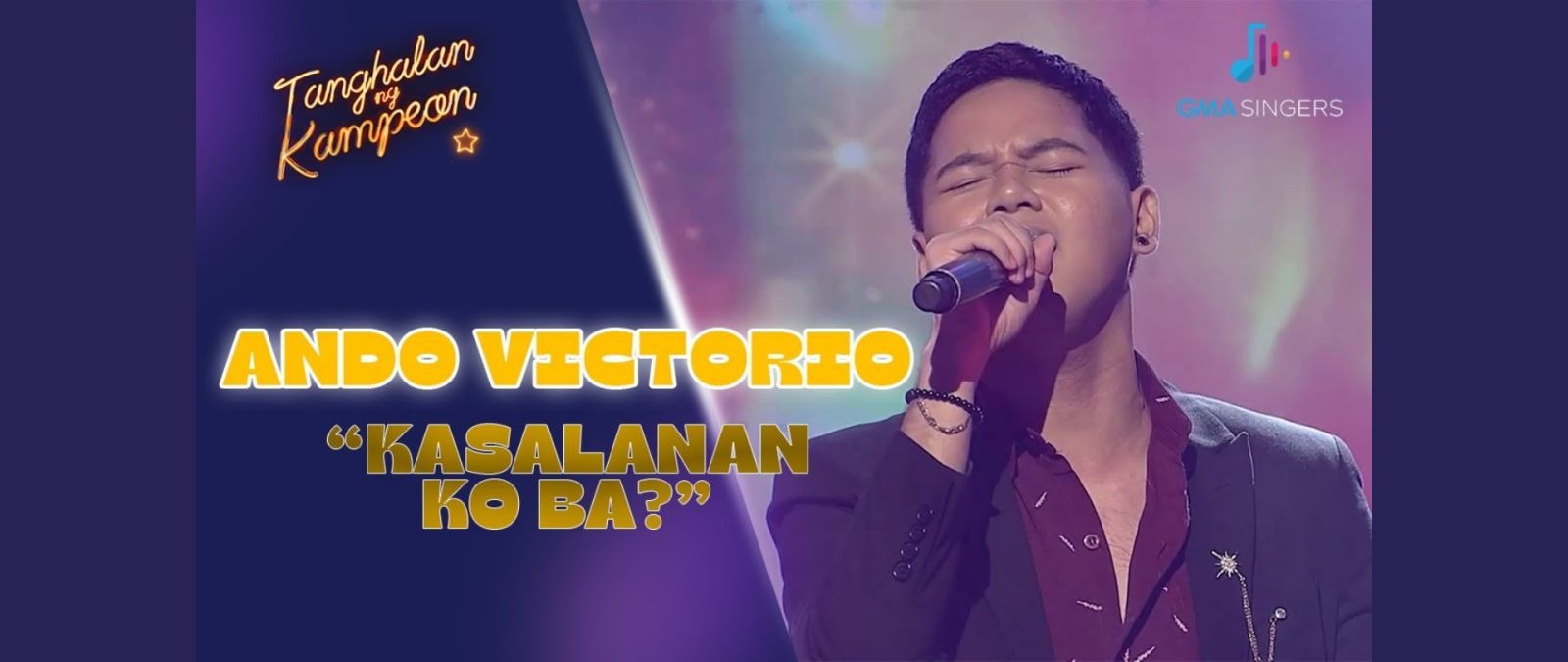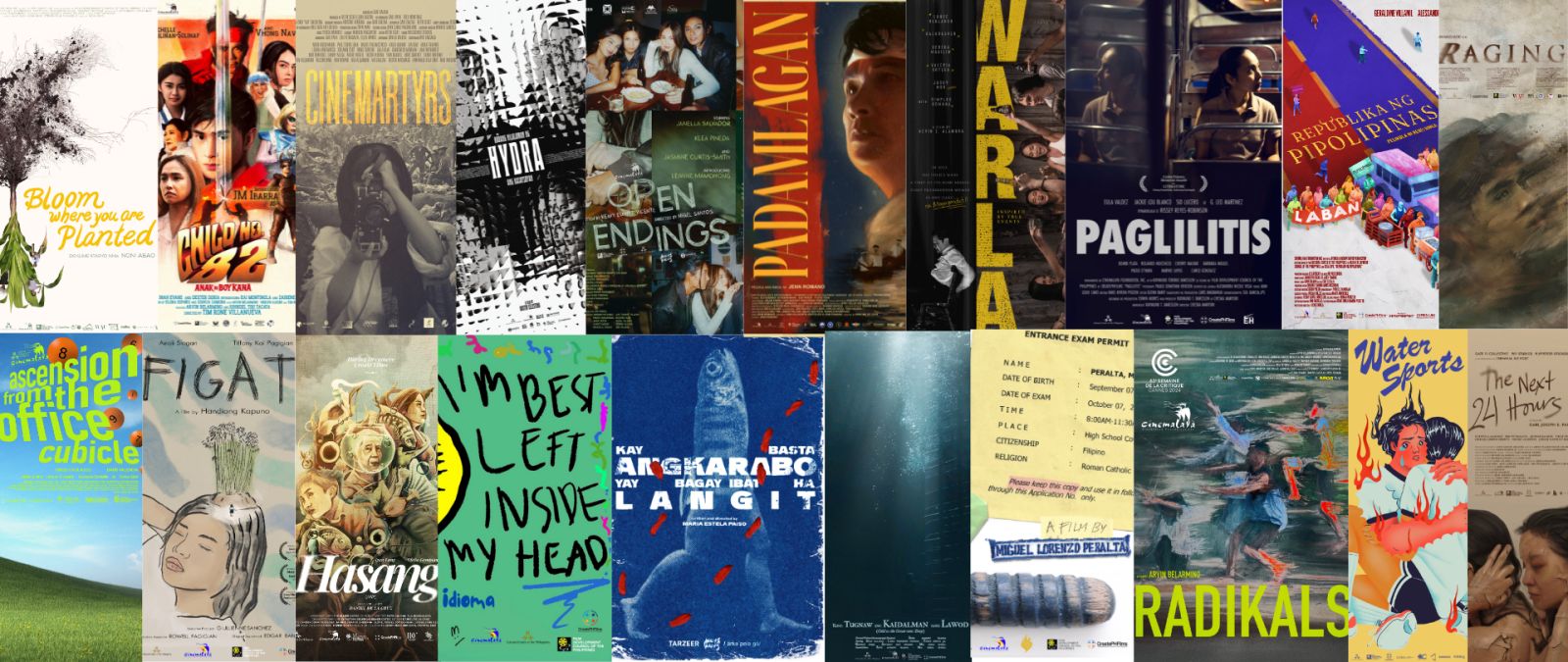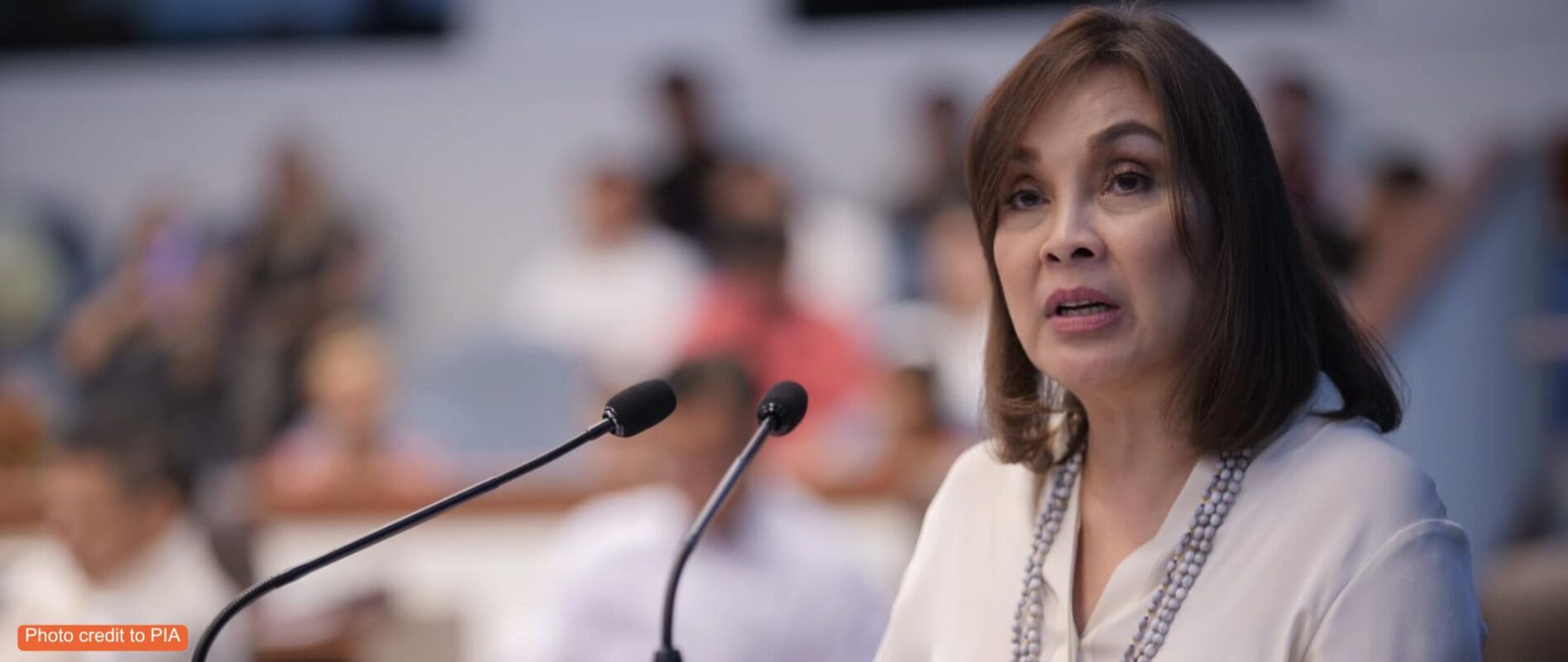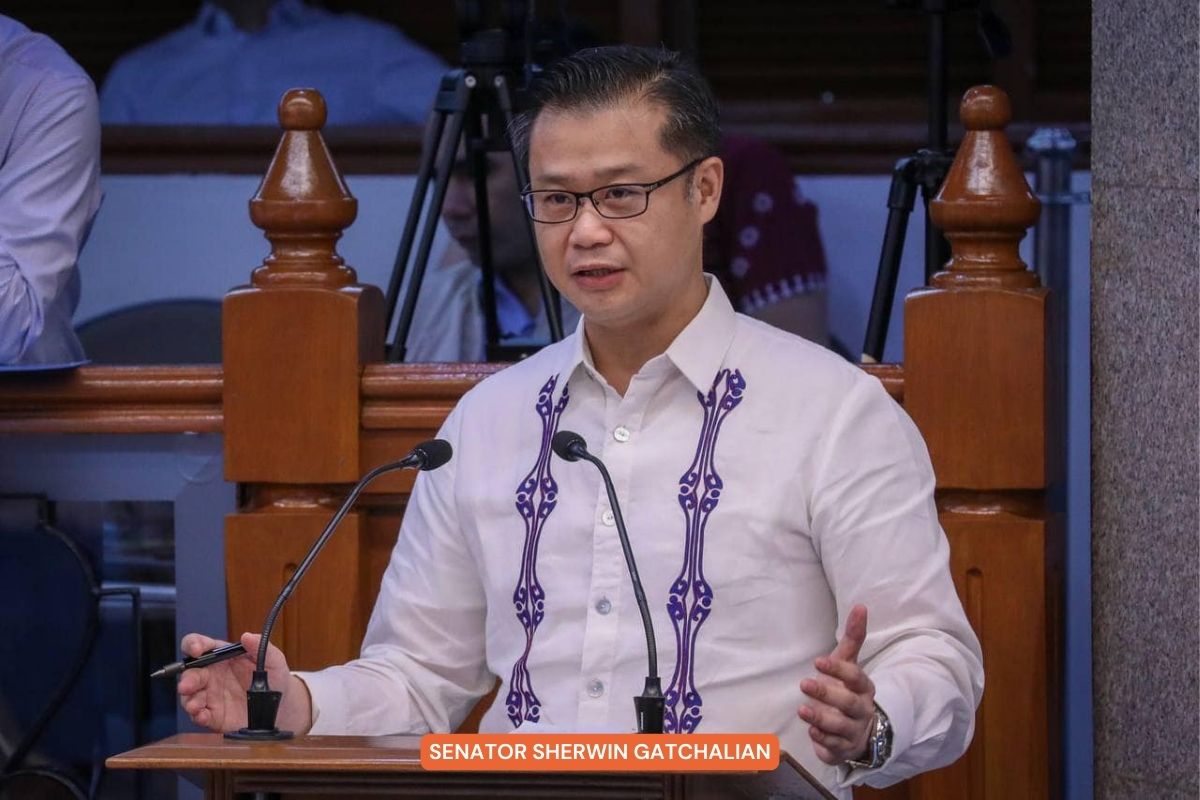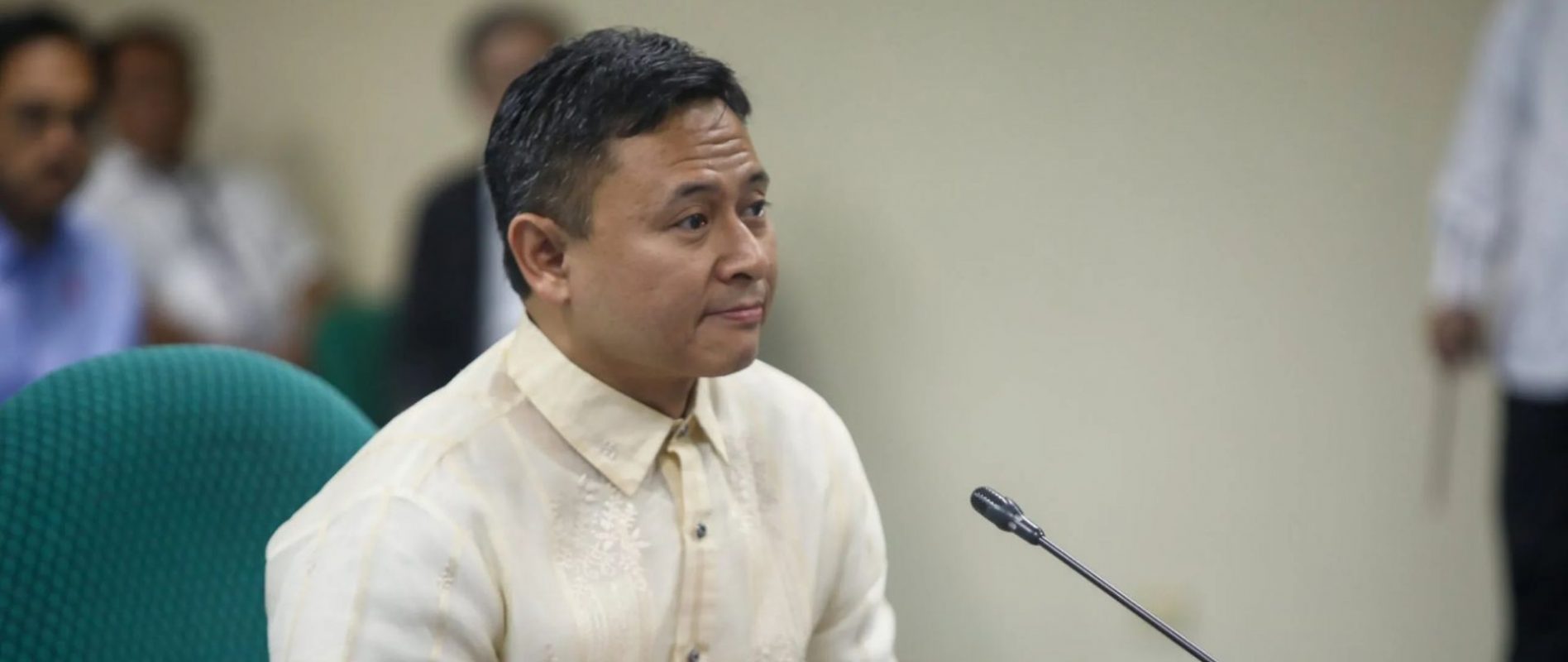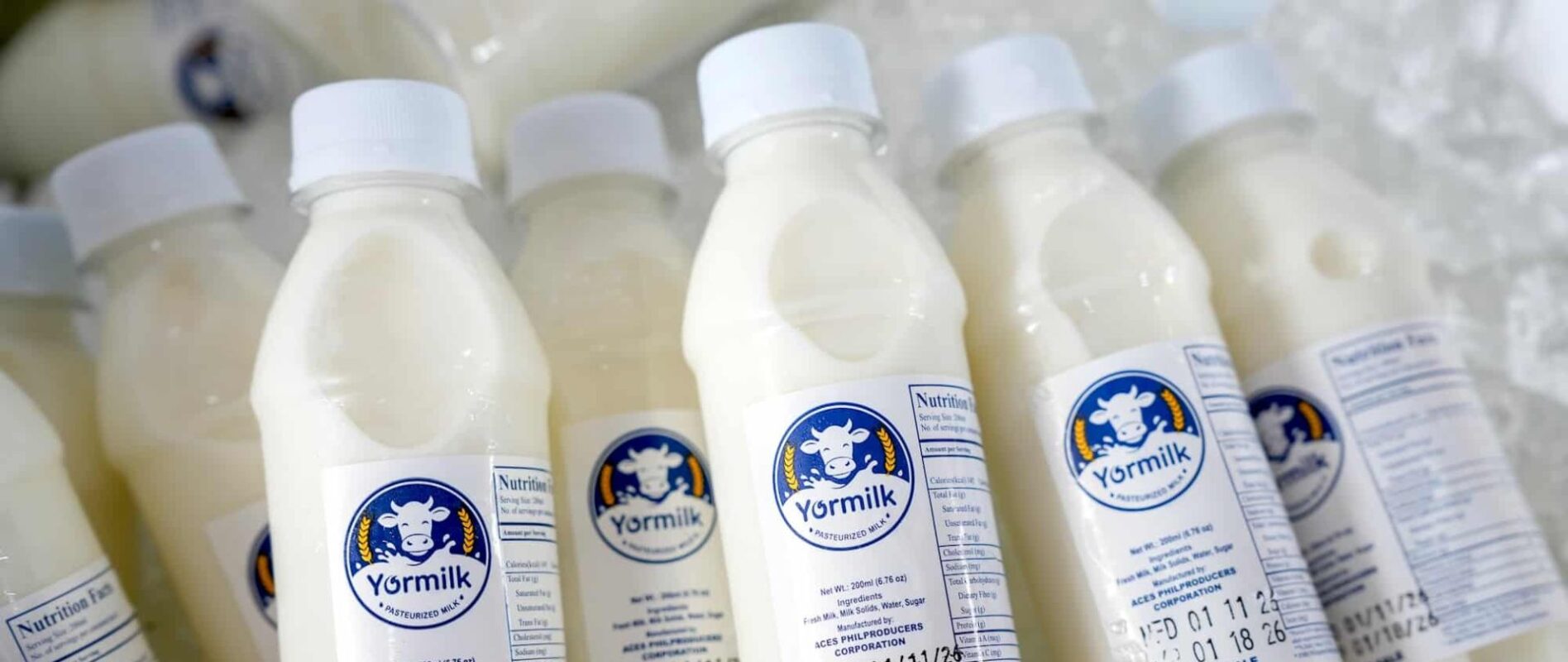WHERE ARE THE ‘INFLUENCERS’? AN ELEGY ON SOCIAL CONSCIENCE
In essence, influencers are here to "influence". And this influence has to span wider than just clothing hauls, video game streams, and brunch recipes. Truth is, pondering on recent events, what was revealed to us is that social media clout does not necessarily equate to social conscience. So, where are the "real" influencers?
The year 2020 evidently did not start on the right foot and as we’re halfway into the year, it’s still nowhere near cranking up in the correct lane. After the murder of George Floyd by the American police, the continuing now-year-long protests in Hong Kong for threats to its autonomy, and the approval of the problematic Anti-Terrorism bill in the Philippines, along with a slew of other unjust atrocities from the government, voices have grown louder and movements have been turbo-charged, now, more than ever with actions fueled by dissent to authority and thundering calls for justice and change.
The thing with celebrity is that it’s always going to be inherently linked with superficiality to a degree—that’s in fact its first characteristic. Rarely are famous people ever expected to take a political stand and veer far from what they’re distinguished for; often just left alone to bask in the neutrality that allows the masses to form their own opinions on their identities—relatable and unproblematic.
The same applies even in the case of pseudo-celebrity and it’s no secret that the word “influencer” has been attached to a negative connotation. There’s always bound to be someone turning their nose up at the term being an answer to a question or an identifier, particularly when it comes to work. While profiting off of brand partnerships via visually-pleasing photos and snackable videos may seem to come easy for the ones who have long been in the profession, it seems, now, that using a platform for social change isn’t as much of a walk in the park.
But whether or not someone has a good opinion of an influencer, they’ve become more than just social media decor or billboards for the longest time. We’ve seen examples of this when it came to efforts for climate change, sustainability, and cruelty-free beauty to name a few, as well as declining six-figure deals from brands that don’t align with their values.
But why does it turn into a chore or a seemingly forced gesture when it comes to human rights? Coming from their own side of the pond, Dein, an influencer, spoke about a discussion he had amongst other co-creators regarding online activism and how the fear of being vocal on issues deemed to be sensitive comes into play. “Yung iba, hindi rin makapag-bigay ng opinyon nila dahil una, takot magsalita dahil baka magkamali—baka pangunahan sila ng iba. Pangalawa, hindi nila alam kung ano at paano sasabihin; kung sasangayon ba sila sa karamihan o papakinggan nila yung sarili nilang opinyon pero hindi pabor sa iba. And lastly, hindi nila alam o wala silang alam sa issue,” he tells.
Confusion and overwhelm are natural in humanity but in cases when other lives are at stake, it’s hard to sympathize with the fact that one has to take their sweet time to put the pieces together, considering minorities at the forefront of these issues aren’t given the same luxury nor can they pretend that the sand in the hourglass isn’t falling to the other side.
When asked about how he personally feels about taking action as an influencer, Dein expounds on being at the opposite end of coin; putting the emphasis on utilizing one’s reach, “For me, they should use their voices, kasi sayang eh, sayang yung following at yung reach. Madaming celebrities, maraming influencers and for sure, madaming iba’t ibang audience yan. May nakikinig diyan. When you speak up, people will be encouraged as well.”
This has certainly been proven in the context of celebrity activism, particularly in the week after George Floyd’s passing. Billie Eilish has been extremely vocal with her support to Black Lives Matter on her Instagram with 64.8 million followers; posting information and organizations to donate to, drag queen Trixie Mattel has done weekly streams on platform Twitch that have raised over $60,000 for various charities, Mark Tuan from South Korean group GOT7 publicly posted about his $7,000 donation to BLM which has encouraged his fans to get involved in the movement, as well as his industry adjacents BTS who have spoken up through their Twitter with a $1 million donation, that later on ignited their fanbase to start various charity cooperatives including a $1.1 million donation collected in just 25 hours to match the group’s that’s still raising money to this day.
Twitter users have also been actively creating one-click resources using the website Carrd to direct people on ways to help, including petitions and online protest guides for the Anti-Terrorism bill that has garnered support not just from Filipinos themselves but from Western celebrities as well, leading to bringing greater noise to its call for rejection. The proof is in the pudding—when influence is used right, it can create a domino effect of progress.
On the other hand, several public figures have received backlash for their silence or performative activism, such as empty statements about the Anti-Terrorism bill disguised as “neutral” and the heavily-misunderstood #blackouttuesday that involved posting a black square to one’s feed that only covered up the resources black organizers have made inside of the hashtag instead of actually promoting awareness. When a gesture for a cause says absolutely nothing, it is deemed worse than silence.
While some may argue that these personalities don’t owe us anything to say something, anyone with a considerable reach needs to acknowledge their responsibility as a human first and a person of influence second, and that needs to go beyond the worry of losing followers, opportunities, or the fear of criticism for an opinion.
Thinking about image at a time of turmoil stems from privilege, including the belief that one’s platform isn’t meant to be political when the world is getting less and less concerned about clothing hauls and brunch recipes. It doesn’t take a village to realize that carrying on as if grave conflict doesn’t exist feels very disconnected from reality and frankly, morally incorrect.
The pattern of excuses seems to root from the stigma carried in activism but is the “anti social justice warrior” rhetoric still supposed to be pushed in today’s political climate? According to research studies concluded in 2019, Gen Z and millennials are the biggest consumers of social media and the biggest participants in activism.
It takes an understanding of one’s audience to figure out which brands to partner up with and what content to create but it appears that comprehension goes down the drain when it comes to advocating for the oppressed. The scales are not equal with all facts considered even at the height of cancel culture in quarantine. The only instances anyone has gotten “cancelled” were either for performative participation (i.e., virtue signaling), racism, and/or just flat-out saying they don’t believe a marginalized group should have equal rights. With the absence of all of these in any person’s list, there is no reason to be sweating—you are not under attack nor will you be burned at the stake. If we’re truly reading into the crux of activism, playing it safe is its exact opposite.
So, how can influencers effectively participate in online activism? The answer lies in putting in the work to educate oneself and do the necessary research, especially being in a position of privilege. It’s easy to sit in silence with the fear of misinformation but nobody is being asked to write essay-length statements to empathize with the marginalized nor is anybody required to publicize donation amounts. With the existence of countless educational materials on the internet—free of charge and just a click away—the tap that’s running with every excuse in the book is bound to dry up at some point.
From a spectator standpoint, no one should have to wait for a person they look up to in order to start caring and acknowledge the chaos they’re experiencing. If an influencer can make a video or a short post to refute the claims of their indifference, that’s already the same amount of effort it takes to share petitions, names of charity organizations or fundraisers, and general resource links created by other activists.
In actuality, spreading resources to a wide audience not only helps to educate them but also amplifies the voices and stories of the people directly affected. Activism is a reflection of values, which means allyship and advocacy don’t just stop at social media posts but also need to trickle down to one’s lifestyle to evaluating who they support and work with.
When it comes to systemic oppression, human lives in peril, and threats to freedom, specifically when it risks minorities like us and the people around us in the very place that we live in, silence is complicity. Even without money to spare, there is always a way to contribute if one has a genuine desire to. In the essence of the word, influencers are here to influence—having built a platform from a foundation of credibility and trust, that influence eventually has to span broader than frivolity and toxic positivity.
For information and ways to help for causes across the globe, visit https://currentinfo.carrd.co/

